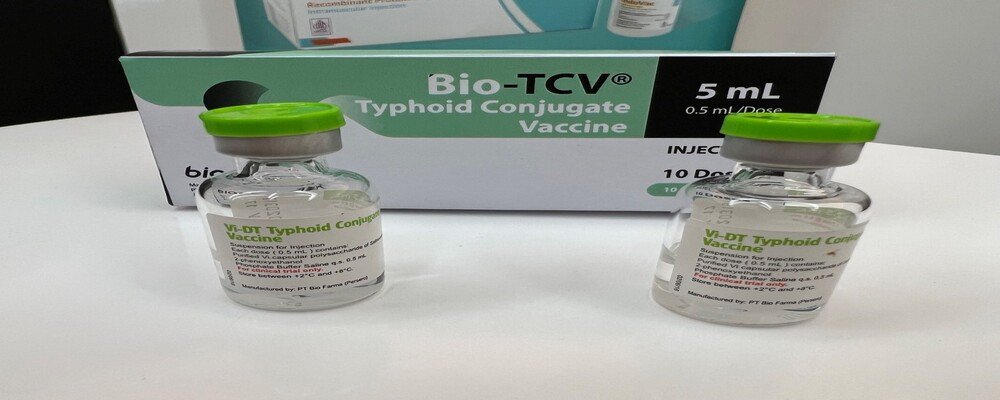Introduction
The global pharmaceutical industry has been at the forefront of the fight against infectious diseases, with a particular focus on vaccines. In recent years, there has been a growing trend of pharma brands collaborating on global vaccines to address pressing public health challenges. These partnerships aim to leverage each company’s strengths in research, development, production, and distribution to accelerate the availability of life-saving vaccines worldwide.
Key Partnerships Driving Vaccine Innovation
One of the most notable collaborations in the field of global vaccines is the partnership between Pfizer and BioNTech. Together, they developed the first mRNA-based COVID-19 vaccine, which has been instrumental in the global effort to combat the ongoing pandemic. This groundbreaking collaboration not only resulted in the rapid development of an effective vaccine but also showcased the power of partnerships in advancing vaccine technology.
Another significant partnership is between AstraZeneca and the University of Oxford, which led to the development of a viral vector COVID-19 vaccine. This collaboration exemplifies how academic institutions and pharmaceutical companies can join forces to bring innovative vaccines to market quickly and efficiently. By pooling their resources and expertise, AstraZeneca and the University of Oxford were able to navigate the complex process of vaccine development and testing, ultimately delivering a vaccine that has been crucial in the fight against COVID-19.
Innovations in Vaccine Development
Collaborations between pharma brands have also spurred innovations in vaccine development. Moderna, a biotechnology company, partnered with Lonza, a contract development and manufacturing organization, to scale up production of the mRNA-1273 COVID-19 vaccine. This collaboration not only facilitated the rapid production of millions of vaccine doses but also paved the way for future mRNA-based vaccines targeting a range of infectious diseases.
Furthermore, the Coalition for Epidemic Preparedness Innovations (CEPI) has played a crucial role in fostering collaborations between pharmaceutical companies, governments, and research institutions to accelerate the development of vaccines for emerging infectious diseases. By providing funding and expertise, CEPI has enabled partnerships that have led to the rapid development of vaccines for diseases such as Ebola, Zika, and now COVID-19.
Distribution and Access Challenges
While collaborations between pharma brands have been instrumental in developing innovative vaccines, challenges remain in ensuring equitable distribution and access to these life-saving products. The COVAX initiative, led by Gavi, the Vaccine Alliance, the World Health Organization (WHO), and the Coalition for Epidemic Preparedness Innovations (CEPI), aims to address these challenges by facilitating the equitable distribution of COVID-19 vaccines to low- and middle-income countries.
However, logistical hurdles, supply chain constraints, and vaccine hesitancy pose significant barriers to achieving global vaccination coverage. Collaborations between pharma brands, governments, and international organizations will be essential in overcoming these challenges and ensuring that vaccines reach those who need them most.
Future Directions in Global Vaccine Collaboration
Looking ahead, the trend of pharma brands collaborating on global vaccines is likely to continue as the world faces ongoing public health threats. Partnerships that leverage the strengths of multiple stakeholders, including pharmaceutical companies, research institutions, and international organizations, will be essential in accelerating the development, production, and distribution of vaccines for emerging infectious diseases.
By fostering innovation, sharing resources, and prioritizing global health equity, these collaborations have the potential to transform the landscape of vaccine development and ensure that life-saving vaccines reach populations around the world. As we navigate the challenges of today and prepare for future health crises, collaborative efforts in the pharmaceutical industry will be key to safeguarding public health on a global scale.
